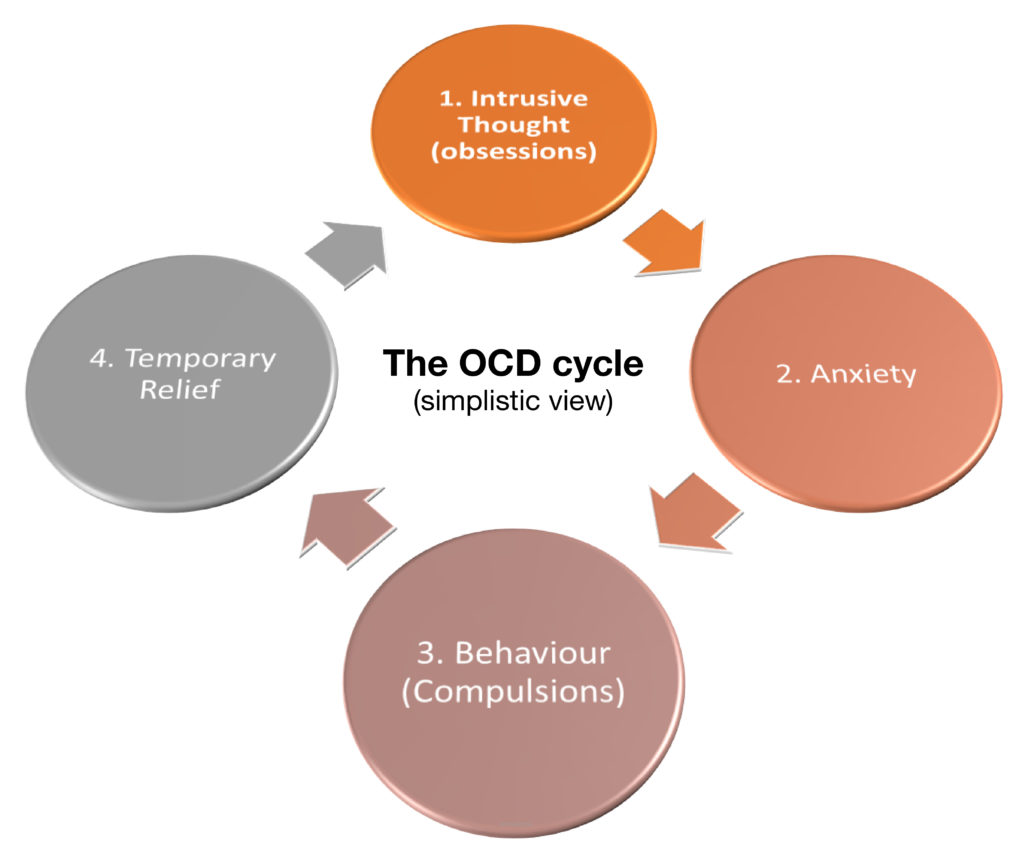

The Diagnostic and Statistical Manual of Mental Disorders, Fifth Edition (DSM-5).
#OCD DSM 5 SERIES#
Information for the ‘ Recognizing…’ series was drawn from: In particular it has been assumed that symptoms cause clinically significant distress or impairment unless otherwise stated. Their formatting for aid of comparison means that some detail has been purposefully excluded, and clinicians are encouraged to refer to the original source material for formal diagnostic purposes.

The ‘ Recognizing…’ series from Psychology Tools is designed to aid clinicians understanding of the similarities and differences in the way that the two primary psychiatric diagnostic systems classify mental health problems. Notwithstanding the above caveats, the ‘ Recognizing…’ series from Psychology Tools is designed to aid clinicians understanding of the similarities and differences in the way that the two primary psychiatric diagnostic systems classify mental health problems. Many clinicians and their clients find that attending to our personal stories and narratives is a helpful approach, and psychological formulation is one technique for bringing together information about what has happened to an individual and the sense that they have made of it (British Psychological Society, 2018). Diagnosis is not the only way of understanding people and their experiences. Perhaps most importantly there are instances where they have had, and continue to have, extremely negative effects upon service users (Perkins et al, 2018). They have been criticized on grounds of reliability, validity, and distortions due to commercial interests (Zigler & Phillips, 1961 Frances & Widiger,2012 Bell, 2017). The success of these classification frameworks has varied across diagnoses but in the best cases has led to improved understanding and treatment of conditions, and has helped many service users who find such classification helpful (Perkins et al, 2018).ĭiagnostic frameworks are not without controversy. Classification of mental disorders enables clinicians and researchers to speak a common language when describing patterns of experience and behavior, guide appropriate treatment interventions, and act as a coding system for insurance purposes. Psychiatric diagnostic frameworks serve multiple purposes.


 0 kommentar(er)
0 kommentar(er)
